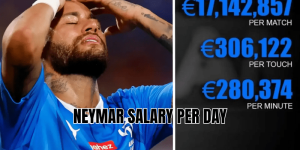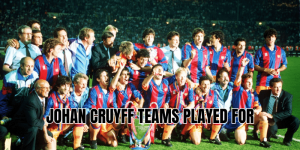When football fans ask “did Thierry Henry play for Juventus,” it’s often with a sense of surprise—after all, his legend is most closely tied to Arsenal, Barcelona, and the French national team. But yes, Thierry Henry did indeed join Juventus early in his career, and though it was a relatively brief chapter, it proved to be pivotal in shaping his path. In this article, DaoKick will take you through the story behind that move, Henry’s performance in Turin, what went wrong, and how it influenced his rise to superstardom.
The early rise: from Monaco to Serie A
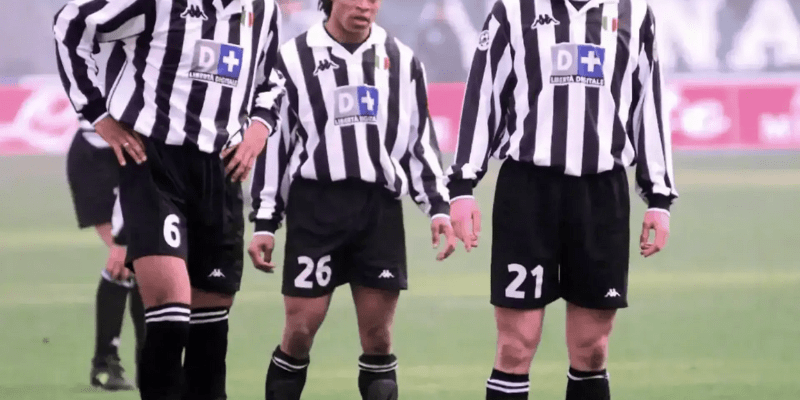
Thierry Daniel Henry’s journey began in France. He came through the youth ranks and broke into the first team at AS Monaco, where he showcased remarkable talent on the wing. During his time at Monaco, he won the Ligue 1 title in 1996–97 and played a key role in their run to the Champions League semi-finals in 1997–98.
By January 1999, clubs across Europe had already started monitoring him closely. Juventus, looking to refresh their squad and inject youthful flair, made their move.
The January 1999 transfer
In January 1999, Juventus signed Henry from Monaco for a fee reported around £10.5 million (or in the ballpark of €12–13 million in different sources). He arrived at a club with historic ambition, aiming to bolster their attack. This move confirmed that yes, Thierry Henry play for Juventus—though as you’ll see, it was a chapter marked by adaptation and tension rather than glory.
Henry’s tenure at Juventus: stats, roles, and challenges
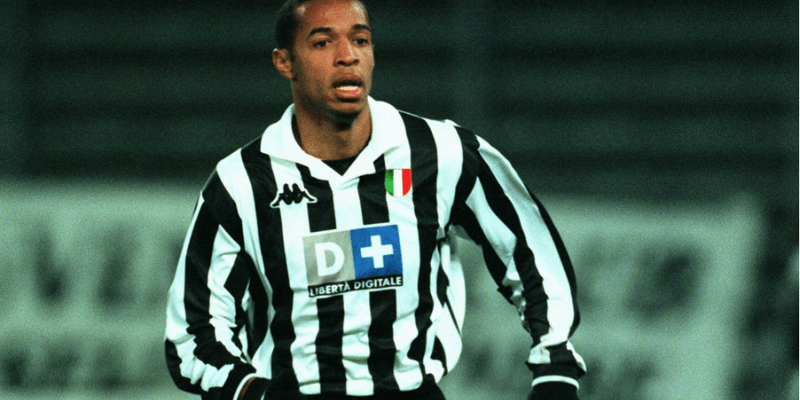
Henry’s time at Juventus lasted roughly half a season (the second half of the 1998–99 campaign). During that spell, his playing time, positioning, and relationships with staff all came under strain.
Appearances and goals
In Serie A, Henry made 16 appearances and scored 3 goals for Juventus.
He also featured in a handful of cup or European matches, but his impact was limited—his goals-per-game rate was modest, especially when compared to his later exploits in England.
Tactical deployment and misalignment
Henry was shifted around in terms of position. While renowned as a winger, and later as a striker, at Juventus he was sometimes asked to operate in wider roles or even dee, Henry was pushed into a left midfield or wingback position—far.
Additionally, the tactical discipline typical of Serie A required tactical intelligence and defensive duties. Henry reportedly found it difficult to adapt to that intensity, especially while being used inconsistently.
Friction behind the scenes
It wasn’t just about tactics. Reports suggest Henry had disagreements with club hierarchy, particularly with club officials like Luciano Moggi. Some say he felt undervalued, misused, or not trusted with stability. edia])
The coaching change mid-season (Lippi departing, Ancelotti taking over) didn’t help either: new systems, fresh expectations, and shifting roles can unsettle a young player in a foreign environment.
Why Juventus stint didn’t last
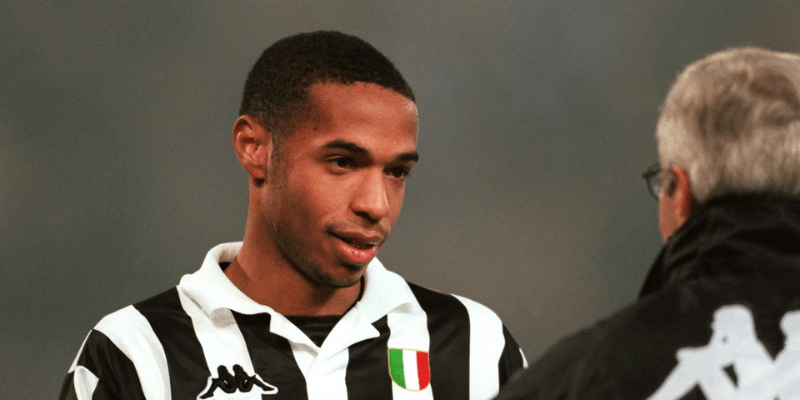
Given the limited impact and rising discontent, Henry’s time in Turin was always likely to be short. Let’s break down the key reasons his Juventus chapter ended prematurely.
Underwhelming performance
Three goals in 16 league games is decent for many, but for a talent like Henry with sky-high expectations, it was underwhelming—especially considering he was often played out of his best position.
Lack of stability and trust
The mid-season coaching upheaval, combined with shifting tactics and role assignment, prevented Henry.
Conflict with leadership
His friction with club officials compounded the problems. Feeling undervalued or misunderstood can wear on a young player’s commitment, especially when playing abroad.
Arsenal’s timely interest
In summer 1999, Arsenal, under Arsène Wenger, came calling. Wenger believed in Henry’s raw talent and had a vision to unlock it. Juventus opted to sell him, reportedly for around £11 million, which allowed Henry to escape a situation where he never truly flourished.
After Juventus: the Arsenal transformation
Though his Juventus chapter was short and fraught, it set the stage for Henry’s transformation into a global icon.
Reuniting with Wenger
At Arsenal, Henry found a coach who understood his strengths and was willing to reshape role expectations. Wenger converted him into a striker, allowing him space, freedom, and tactical intelligence to flourish.
Goal machine unleashed
Over his tenure at Arsenal, Henry scored 174 Premier League goals in 254 league appearances, becoming club legend, all-competitions top scorer, and an icon of the “Invincibles” era.
He picked up multiple Golden Boots, domestic trophies, and transformed into a clinical finisher with flair, vision, and consistency.
Reflection on Juventus experience
Later in his life, Henry reflected on that difficult period as one of growth and a test of character. He admitted to frustration with the way he was used at Juventus and the tension with club management, but also acknowledged that the adversity shaped his resilience.
Legacy: how Juventus fits into Henry’s story
When we ask did Thierry Henry play for Juventus, the answer is unambiguous: yes, and it’s a fascinating footnote in the legend’s career. While not the most celebrated period, his stint in Turin was a formative crucible—where tactical misfits, management friction, and limited output all influenced his decision to seek greener pastures.
That Juventus chapter contrasts sharply with the greatness that awaited him—at Arsenal, Barcelona, and on the international stage with France. But it also adds texture to his narrative: the tale of a young talent thrown into a rigid system, struggling to shine before finally breaking free.
Conclusion
Did Thierry Henry play for Juventus? Yes — for part of the 1998–99 season, making 16 Serie A appearances and scoring 3 goals. That spell in Turin, though short and turbulent, was a crucial turning point on his road to greatness. In this article, DaoKick has walked you through how that move unfolded, what went wrong, and how Henry rebounded in spectacular fashion.
If you enjoyed this exploration into Henry’s Juventus days, stay tuned: DaoKick has more deep dives into player careers, transfers, and match analysis coming soon. Check out our related articles on Henry’s Arsenal era or how he fared at Barcelona — and dive dee

